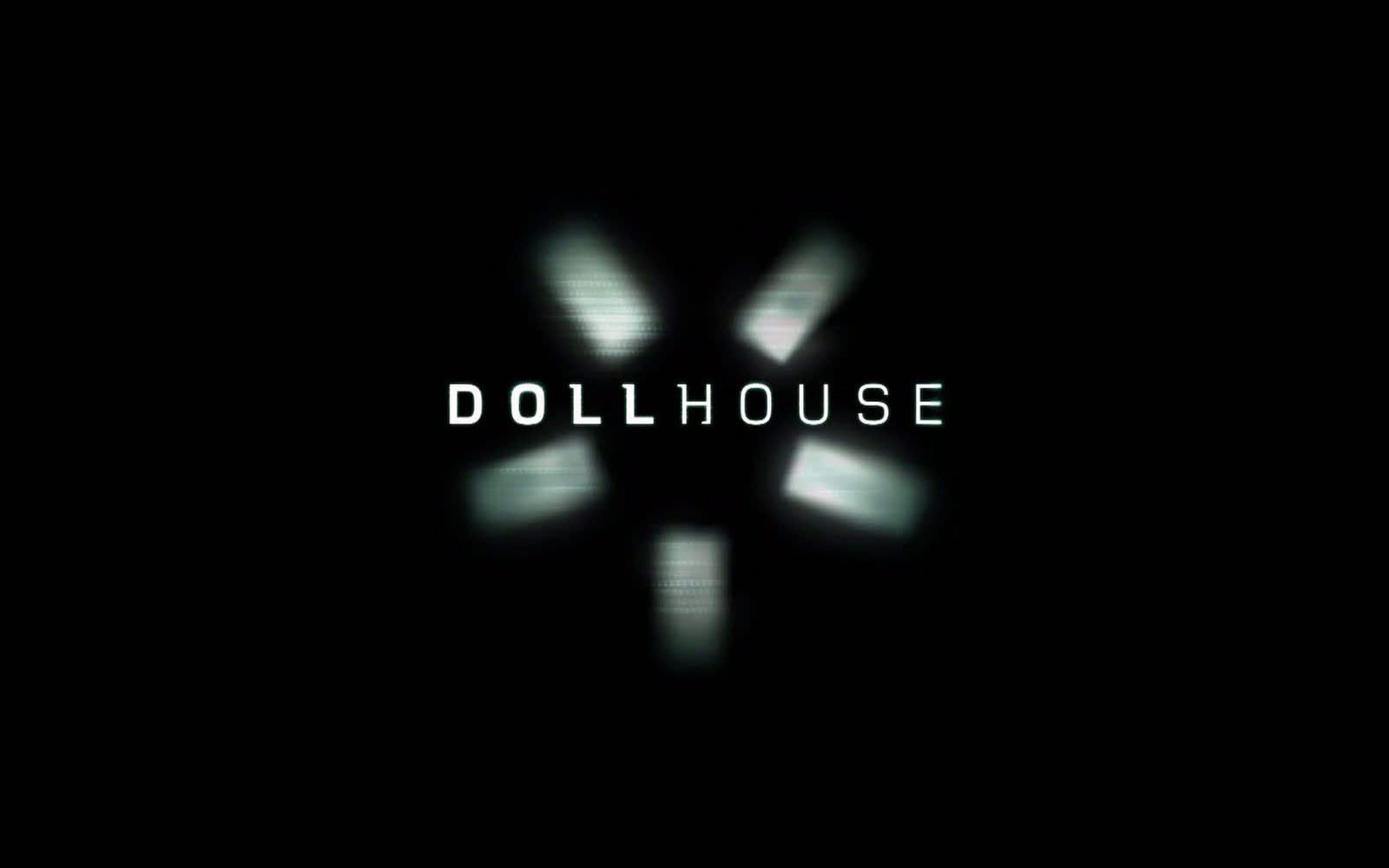Exploring Joss Whedon’s Dollhouse

Renae and I finished up Joss Whedon’s Dollhouse earlier this week, and since then, we’ve been in that sort of funk that always accompanies having to say goodbye to a show that ended too quickly — something that we seem to experience often when it comes to Whedon’s work.
Dollhouse is an odd duck. On the surface, it’s a super-sexy sci-fi show in which a mysterious corporation allows the rich and powerful to “rent” out individuals who have been programmed (or “imprinted,” as the show calls it) with whatever personality and skills the renter desires, most of which — surprise! — tend to be romantic and sexual in nature. But as the show progresses, it becomes less and less about putting its characters in compromising positions with next to nothing on, and more an exploration of personhood, identity, memory, and the soul (albeit it one with lots of compromising positions, not to mention guns, explosions, and ass-kicking).
It’s also a show that feels removed from reality, not because of the technology involved (indeed, it’s actually quite easy to suspend disbelief regarding the imprinting, etc. because of the relative lack of technobabble), nor because the aforementioned mysterious corporation seems to have no limits to its power (this is actually explored a bit in the second season). It took me awhile to put my finger on it, but then I realized that it’s because the show is all about elites.
Nearly everyone that we see on the show is an elite: they’re super-wealthy, super-intelligent, super-beautiful, etc. The people within the Dollhouse as well as the Dollhouse’s clients — they’re all within this upper echelon. As such, there’s not really any “everyman” character (like Buffy’s Xander or Firefly’s Wash) that serves as the audience’s surrogate, that normal guy who is just along for the ride.
The “dolls” — the show’s term for those who are imprinted — aren’t, as they’re essentially blank slates. Paul Ballard, the FBI agent bent on exposing the Dollhouse’s activities, comes close, but even he’s an ultra-awesome kick-ass special agent with mad kickboxing skills. That, combined with the fact that the series doesn’t have clearly defined protagonist for a good portion of its runtime, gives it an extra level of unreality. As such, it was often a show that I didn’t always watch for the stories, but for the themes. Or to put it another way, when the individual characters were less than interesting, the show’s themes — What defines a person? Are we nothing more than programming? Can we ever truly lose that which makes us individuals? — always kept me hooked.
I should add that much of this ambivalence was with the first season. With the second season, things picked up quite a bit more. Lines were drawn, storylines evolved, and the characters all had nice defining moments. And in the end, though the show was forced to cram several seasons’ worth of ideas and plot lines into just a handful of episodes, it achieved a level of closure that was quite satisfying and true to the characters and their situations — unlike, say, Lost. And of course, this being a Joss Whedon show, there was just enough tragedy that had us cursing Whedon’s name for the sadistic so-and-so that he is.
Some other random thoughts (and I’m avoiding spoilers, so don’t worry):
- Victor being imprinted with Topher is officially one of my favorite moments in the entire Whedon lexicon. It’s right up there with Angel as a puppet.
- Speaking of Topher, I think he was my favorite character in the end. I found his arc to be especially affecting, as he moved from an amoral genius to someone capable of guilt, regret, friendship, and love.
- Adelle DeWitt might be a close second. I loved the character in all of her various states, from ice-cold bitch to deposed queen to strong-willed matriarch, and the way the series always had her toeing the line between antagonist and, um, not-quite-antagonist. I especially loved her interactions with Topher in the “Epitaph” episodes.
- Eliza Dushku was always the series’ weakest link, but I found the series’ exploration of her “abilities” in the later episodes to be fascinating. Also, I really liked the closure that her character received, despite the hell she had to go through to get there.
- The aforementioned “Epitaph” episodes — the episodes that closed out each of the seasons — are proof positive that you don’t need a big budget to craft good television. You just need engaging characters, intriguing storylines, and clever-yet-solid dialog. Everything else will fall into place.
- My greatest frustration with Dollhouse was how rushed the final half of Season Two felt, thanks to its too-early cancellation. A poster on Arts & Faith summed it up nicely: it “felt like running into a best friend you haven’t seen in five years when you’re going in opposite directions on an escalator. You have just enough time to shout out the big events and news, but not to fill in the gaps and details, or to really remind each other why the relationship ever felt so vital and important.”
- Joss really needs to never have any dealings with Fox ever again.
Both seasons of Dollhouse are currently streaming on Netflix (which is how we watched them). If you find yourself with some extra time during these winter months, during which you’re shut in by the whirling snow and frigid nights, then you could do far, far worse then Dollhouse to help you pass the time.